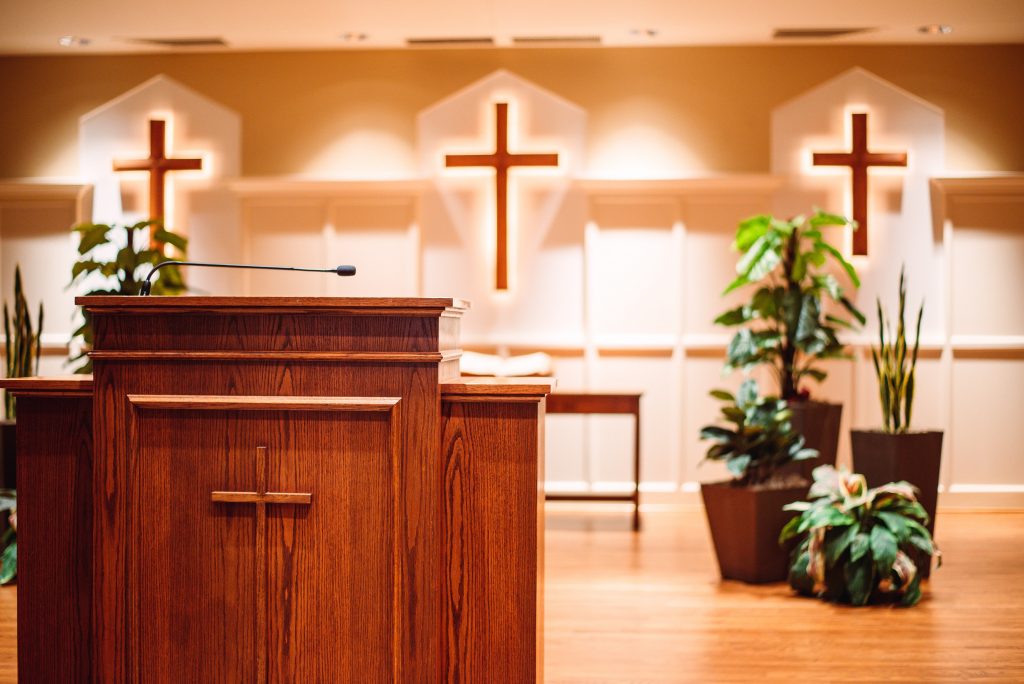IRS Finally Agrees Churches, Pastors Can Engage in Political Speech

On Monday the IRS filed a motion in federal court acknowledging that churches and ministers are free to address social and political issues from a biblical point of view.
The motion helps bring clarity to the First Amendment freedoms of pastors and churches.
Many people believe state and federal law prevents churches and pastors from addressing “politics,” but churches and ministers actually have always had tremendous leeway to talk about legislation, campaign issues, and even candidates.
Churches and ministers are free to address social and moral issues — even if some people consider those issues “political.”
That means they are free to stand up against abortion, promote biblical marriage, encourage responsible citizenship, support laws that protect children from sex-change procedures, and so forth. Churches can spend an insubstantial amount of money lobbying for or against legislation or ballot issues as well.
Historically, churches have hosted voter registration drives. They have been free to hold candidate forums and educate voters about candidates and elections.
Legal experts generally have agreed the IRS rules — also known as the Johnson Amendment — let ministers support or oppose candidates.
However, on Monday the IRS filed a court motion reinforcing that churches have tremendous leeway when it comes to free speech and religious liberty. The motion says,
When a house of worship in good faith speaks to its congregation, through its customary channels of communication on matters of faith in connection with religious services, concerning electoral politics viewed through the lens of religious faith, it neither “participate[s]” nor “intervene[s]” in a “political campaign,” within the ordinary meaning of those words. . . . Bona fide communications internal to a house of worship, between the house of worship and its congregation, in connection with religious services, do neither of those things, any more than does a family discussion concerning candidates. Thus, communications from a house of worship to its congregation in connection with religious services through its usual channels of communication on matters of faith do not run afoul of the Johnson Amendment as properly interpreted.
The IRS says this is in keeping with its traditional interpretation of federal tax rules governing churches.
Our friends at Liberty Counsel say this means that “if a house of worship endorsed a candidate to its congregants, the agency would view that not as campaigning but as a private matter, like ‘a family discussion concerning candidates.'”
All of this underscores that churches and ministers have tremendous freedom when it comes to talking about morality, social issues, candidates, and political campaigns.
Articles appearing on this website are written with the aid of Family Council’s researchers and writers.





